Khaie Drama Review: Pakistani drama Khaie, which released on January 3, 2024, is not typical love story. It delves into the depths of human emotion, exploring the destructive cycle of revenge, the burden of tradition and the longing for salvation. Set against the backdrop of a long-standing feud between two families, the drama unfolds a gripping tale that leaves a lasting impression on its viewers.
The central conflict of the Khaie tribe revolves around the ancient practice of “Khaie”, which involves eliminating the male members of a rival family to prevent the continuation of the family line. This barbaric tradition traps families in a cycle of violence, creating hatred and enmity across generations. The drama depicts the lives of two clan leaders, Darwesh Khan and Durrab Khan, who are caught up in this age-old feud. While Darwesh, burdened by the weight of his past deeds, yearns for peace, Durrab continues to be consumed by a thirst for revenge.
Their daughters, Zamdaa and Channar, become unwilling participants in their fathers’ conflict. Zamdaa, a strong and independent woman, embodies the desire to break free from the shackles of tradition and forge a new path. Channar, on the other hand, struggles with the burden of his family’s legacy, torn between upholding tradition and embracing his conscience.
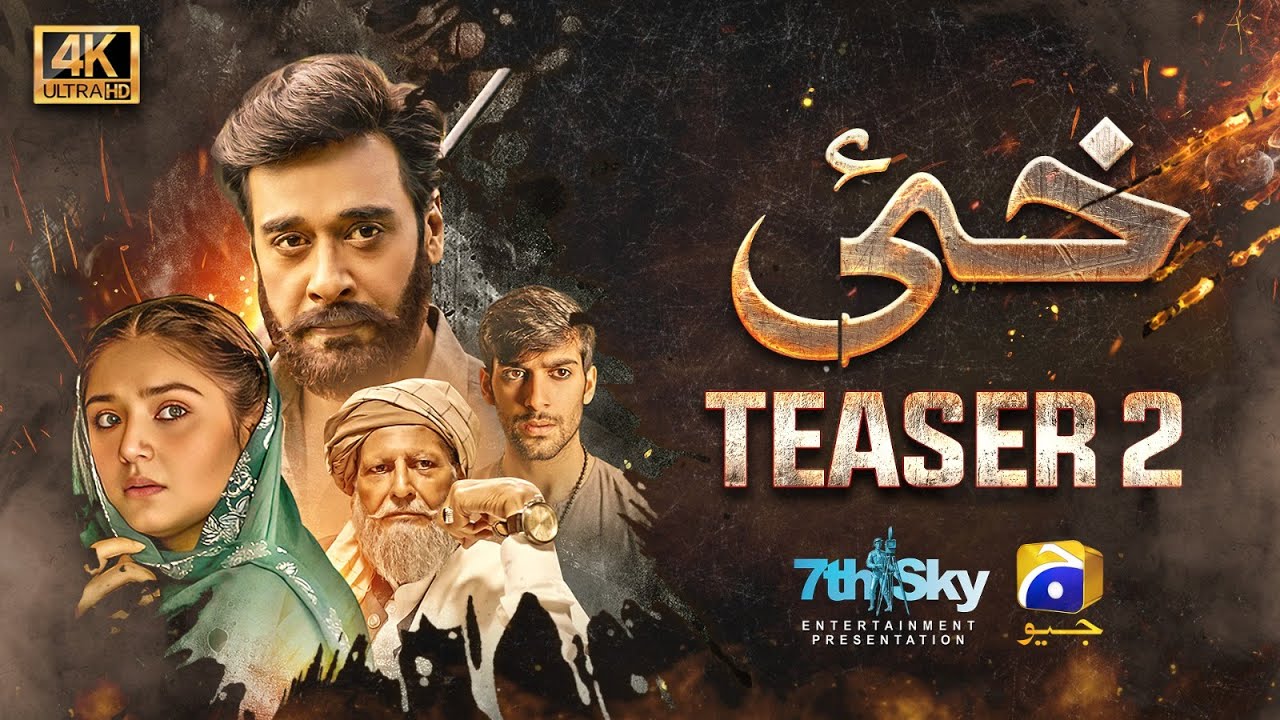
The narrative masterfully navigates the intricate web of relationships within the families. The power dynamics between fathers and sons, mothers and daughters, and siblings are explored with depth and nuance. Each character grapples with their own internal conflicts, caught in the crossfire of their families’ feud.
Khaie is not merely a drama about revenge; it is a poignant exploration of the human condition. The characters grapple with complex emotions like love, loss, guilt, and forgiveness. We witness their struggle to break free from the cycle of violence and forge their own destinies. The drama compels viewers to question the very foundation of tradition, prompting introspection on whether blind adherence to antiquated customs justifies inflicting suffering on future generations.
The performances of the cast are a testament to the powerful writing and direction of the drama. Faysal Quraishi delivers a nuanced performance as Channar Khan, capturing the internal conflict of a man torn between his loyalty to his family and his desire for peace. Durefishan Saleem shines as Zamdaa, portraying her strength and determination with conviction. The supporting cast adds further depth to the narrative, bringing their characters to life with authenticity.
The drama’s visual appeal complements the captivating narrative. The scenic settings of the rural landscape add a sense of authenticity to the story. The use of music and sound design further enhances the emotional impact of the scenes, creating a powerful and immersive experience for viewers.
While Khaie is not without its flaws, it is a thought-provoking drama that deserves recognition. The exploration of complex themes, the captivating performances, and the visually stunning presentation make it a compelling watch. However, it is crucial to acknowledge that the drama portrays potentially sensitive themes like violence and revenge. Viewers who may be sensitive to such topics should exercise discretion.
1. The Destructive Cycle of Revenge:
Khaie portrays the detrimental effects of revenge in vivid detail. The relentless pursuit of vengeance creates a domino effect, inflicting suffering on generations and leaving a trail of emotional and physical trauma. Characters like Duraab Khan are consumed by their desire for revenge, leading them down a path of self-destruction and jeopardizing the well-being of those around them. The drama highlights the importance of forgiveness and the need to break free from the shackles of the past to achieve true peace.
2. The Weight of Tradition vs. Individual Choice:
The drama delves into the conflict between adhering to deeply ingrained traditions and the yearning for individual freedom. The characters grapple with the pressure to conform to societal norms and expectations, even when those traditions perpetuate harmful practices like “Khaie.” Zamdaa, for instance, represents the desire for change and individual agency. She challenges the status quo and demonstrates the courage to forge her own path, even if it means defying tradition.
3. The Strength and Resilience of Women:
Khaie sheds light on the strength and resilience displayed by female characters. Zamdaa embodies this strength, refusing to be a mere pawn in the family feud. She actively seeks to challenge the prevailing power structures and advocates for peace and understanding. Additionally, the drama highlights the emotional burdens and sacrifices women bear within patriarchal societies. Characters like Darwesh’s wife demonstrate unwavering support for their families despite facing limitations and societal pressures.

4. The Significance of Redemption:
Though the path is fraught with challenges, the drama also explores the possibility of redemption. Characters like Darwesh, burdened by the consequences of his past actions, embark on a journey seeking forgiveness and atonement. The drama suggests that personal growth and transformation are possible, even for those who have committed transgressions. However, the road to redemption is not without obstacles, and the drama realistically portrays the complexities and challenges of seeking forgiveness and making amends.
5. Critically Engaging with the Narrative:
While Khaie offers a powerful message about the destructive nature of revenge and the importance of breaking free from harmful traditions, it is essential to engage with the narrative critically. The depiction of violence and the potential glorification of certain characters involved in the feud require thoughtful analysis. Additionally, the drama primarily focuses on the experiences of privileged characters, neglecting the broader social and economic context that may contribute to the cycle of violence.
Overall, Khaie is a drama that stays with you long after the credits roll. It is a powerful reminder of the devastating consequences of holding onto the past and the importance of finding the courage to break free from generational cycles of violence. It prompts us to question the very fabric of tradition and challenges us to choose a path of compassion and forgiveness, ultimately leaving viewers with a sense of hope for a brighter future.
Conclusion:
Khaie stands as a compelling drama that provokes critical thought and discussion. By exploring complex themes, showcasing nuanced performances, and presenting a captivating narrative, it leaves a lasting impression on viewers. However, engaging critically with the drama’s portrayal of sensitive topics and acknowledging its limitations are crucial steps in appreciating its message and potential impact.
Share this content:
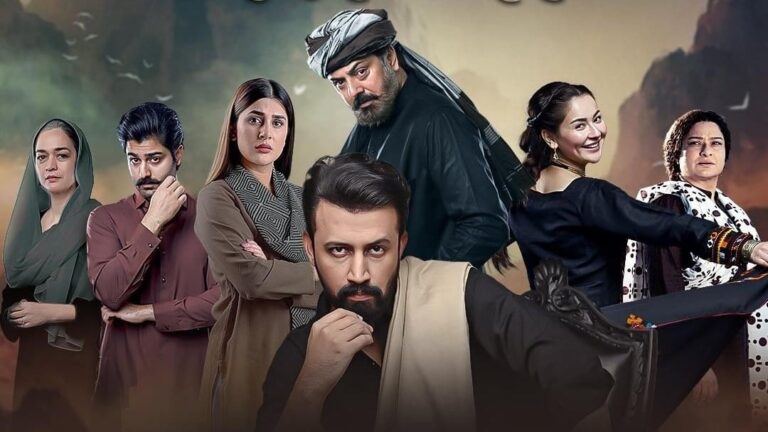
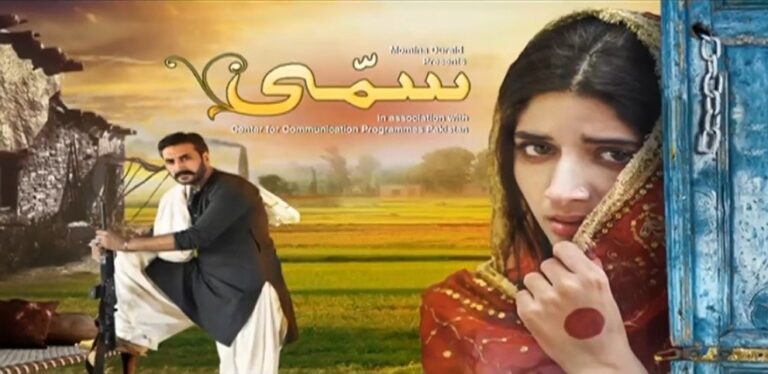
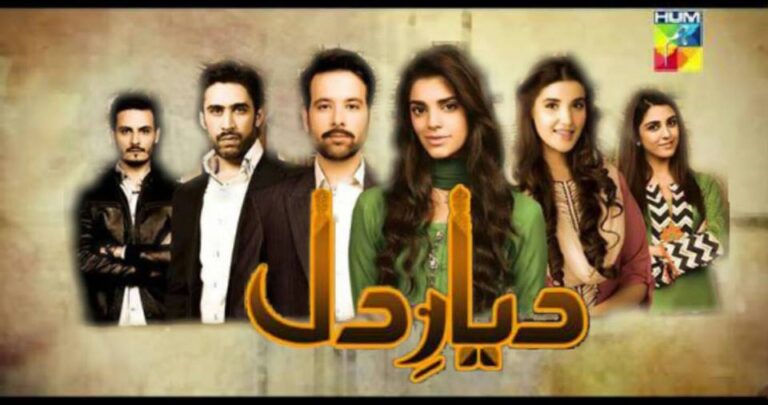

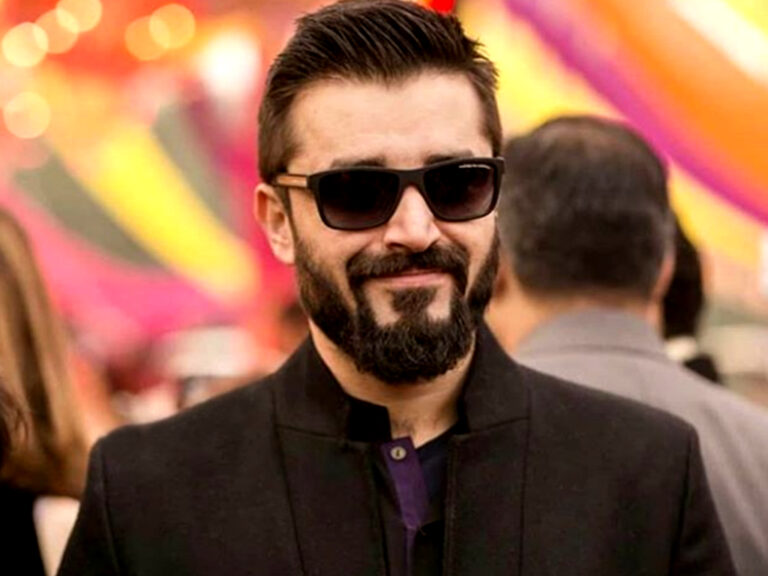



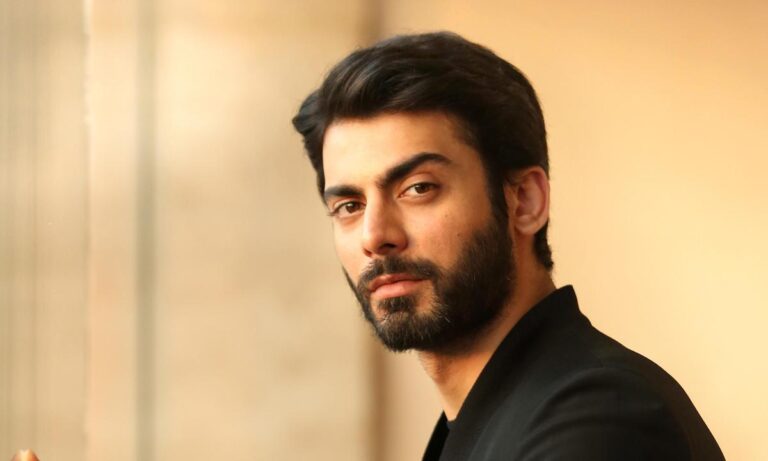

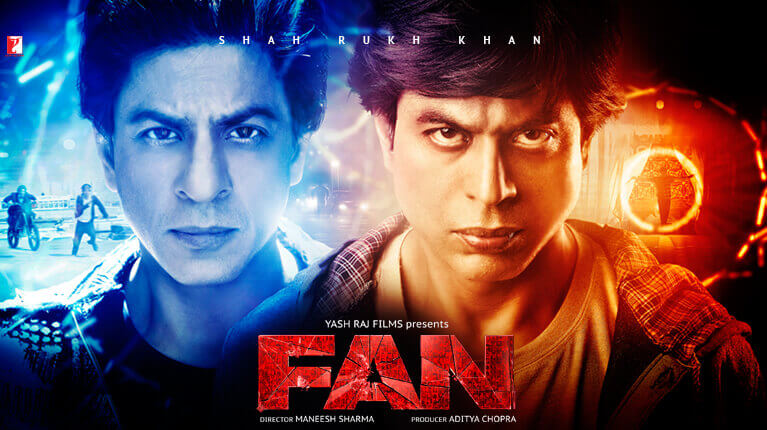
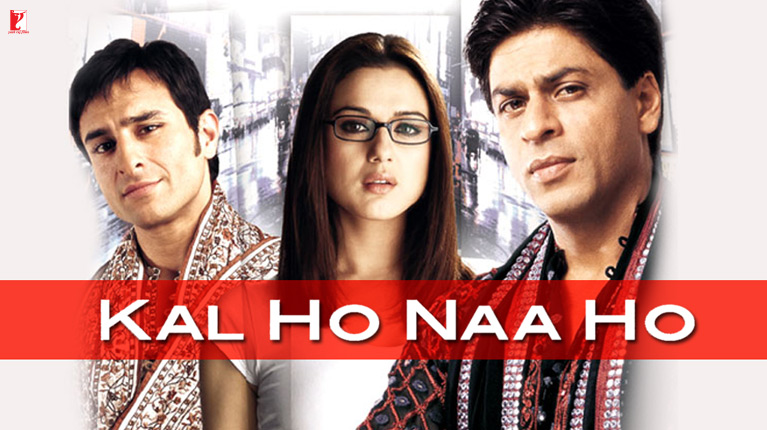
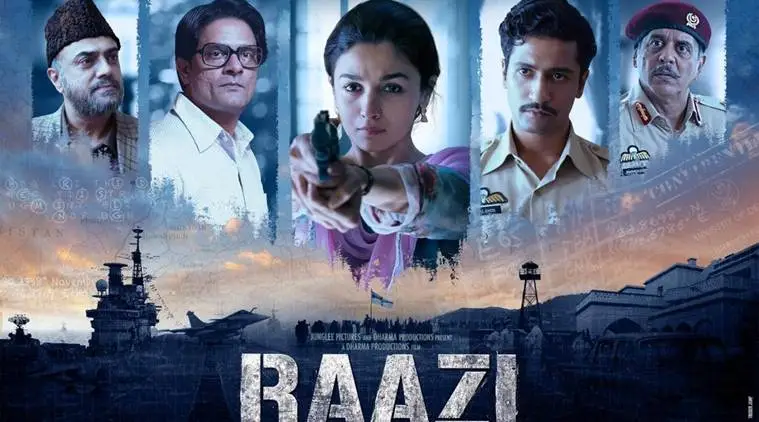
+ There are no comments
Add yours